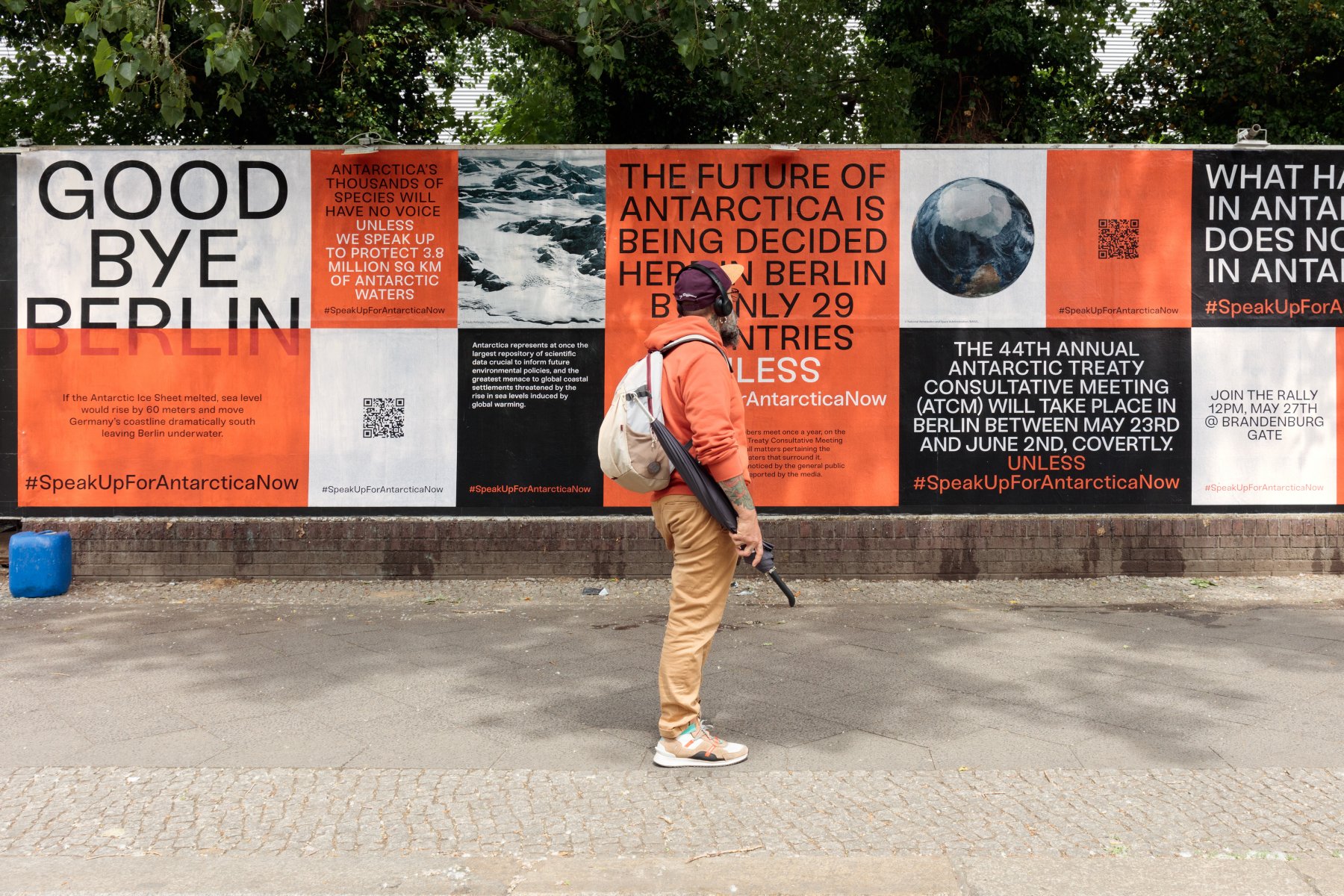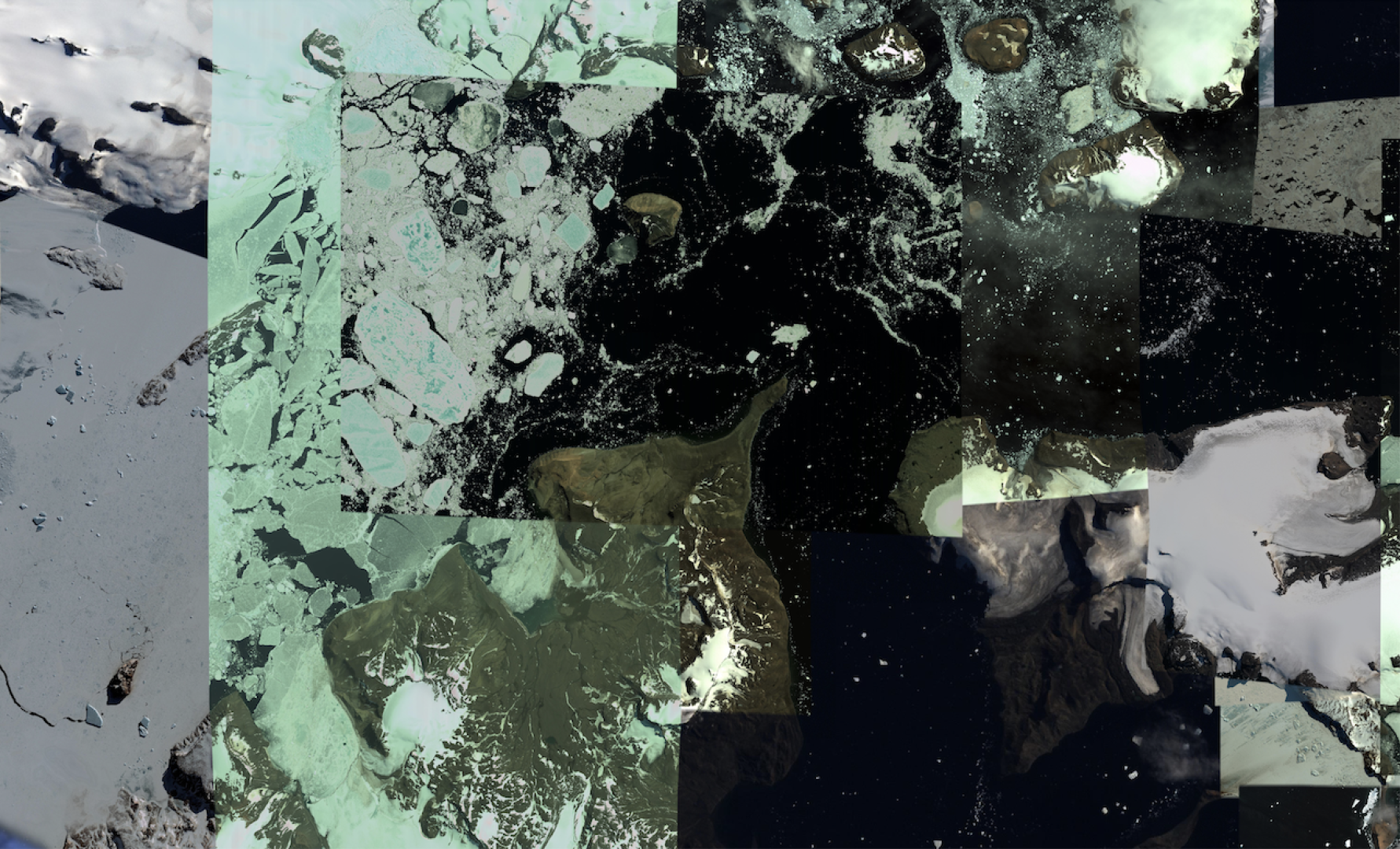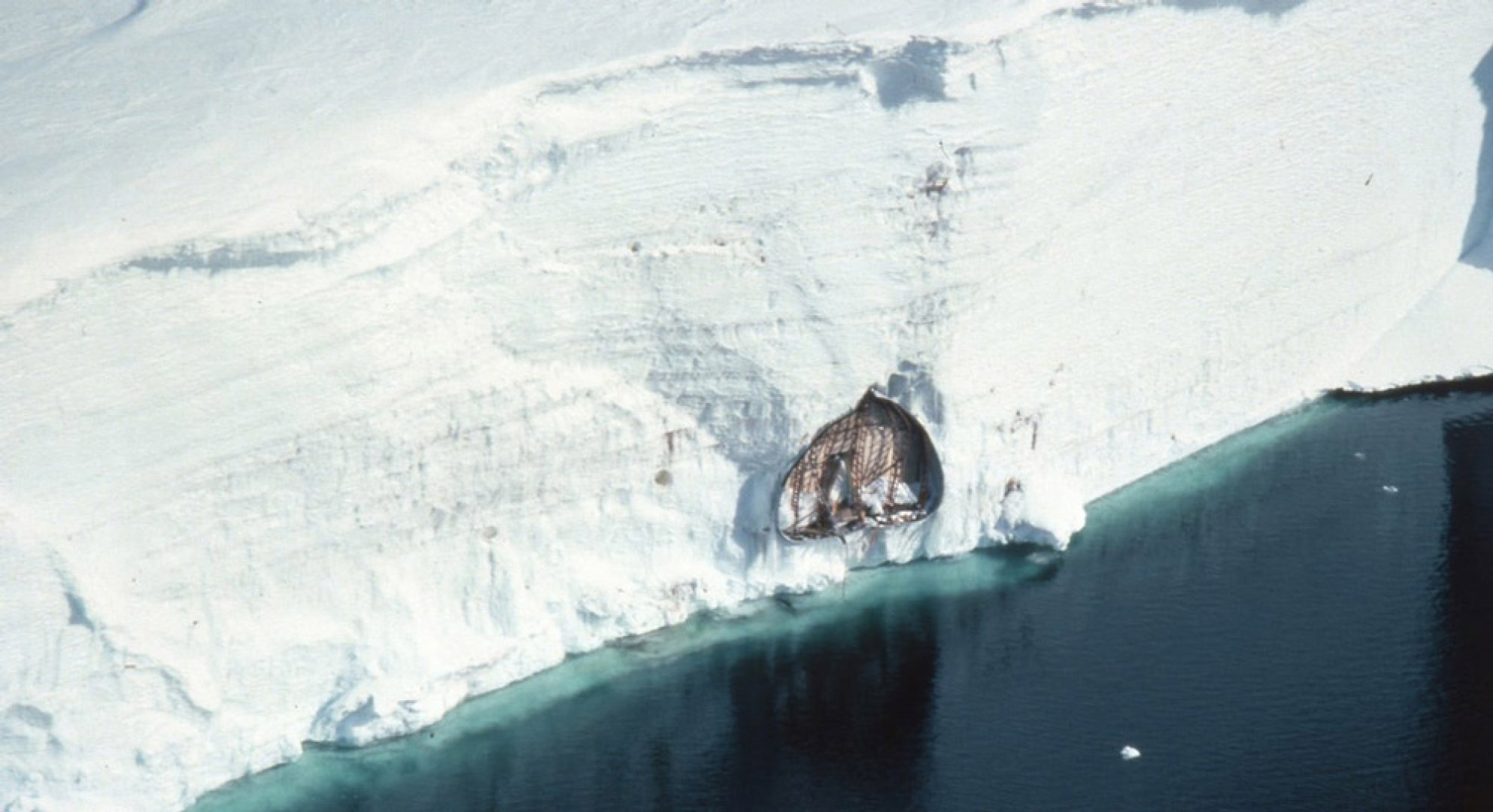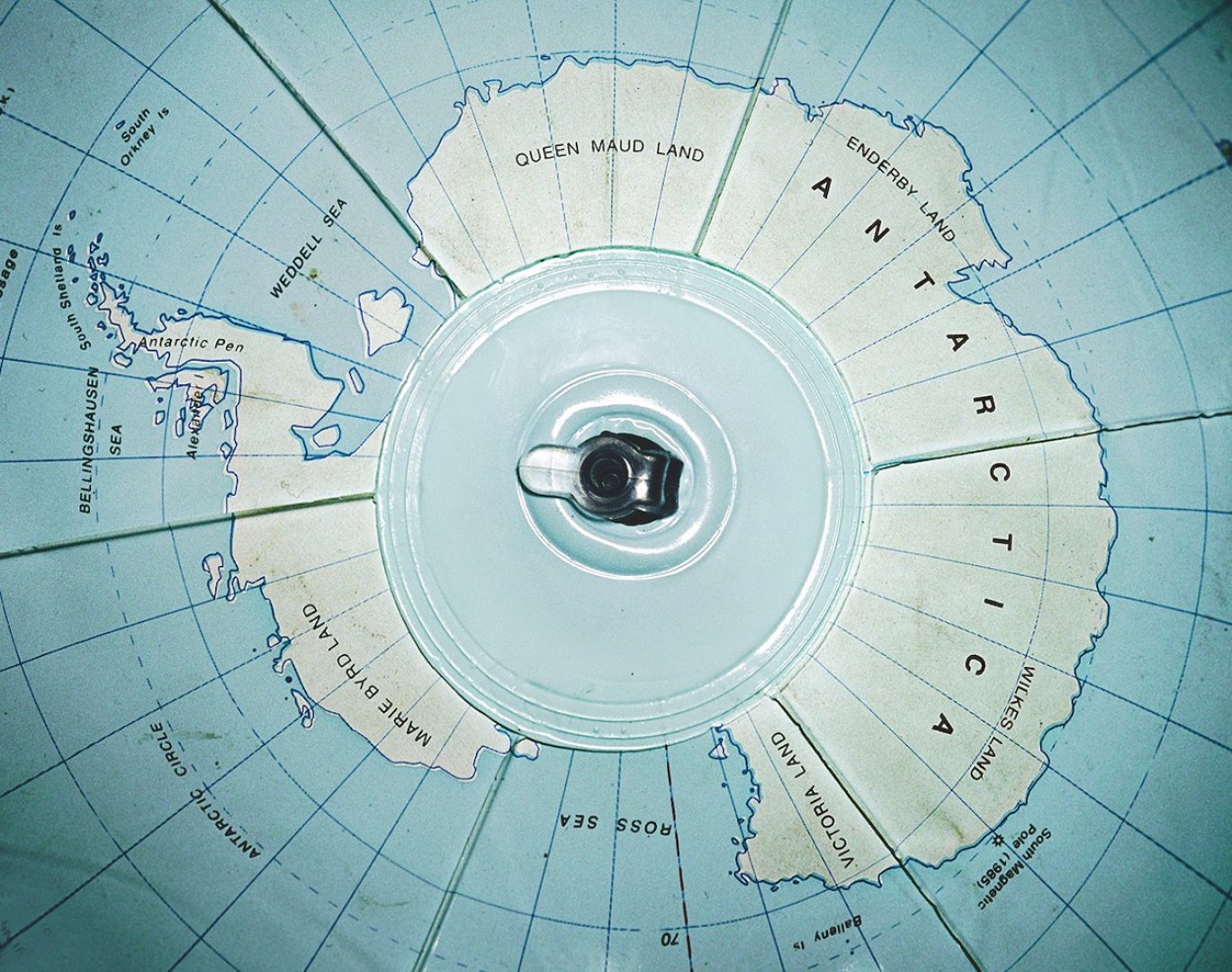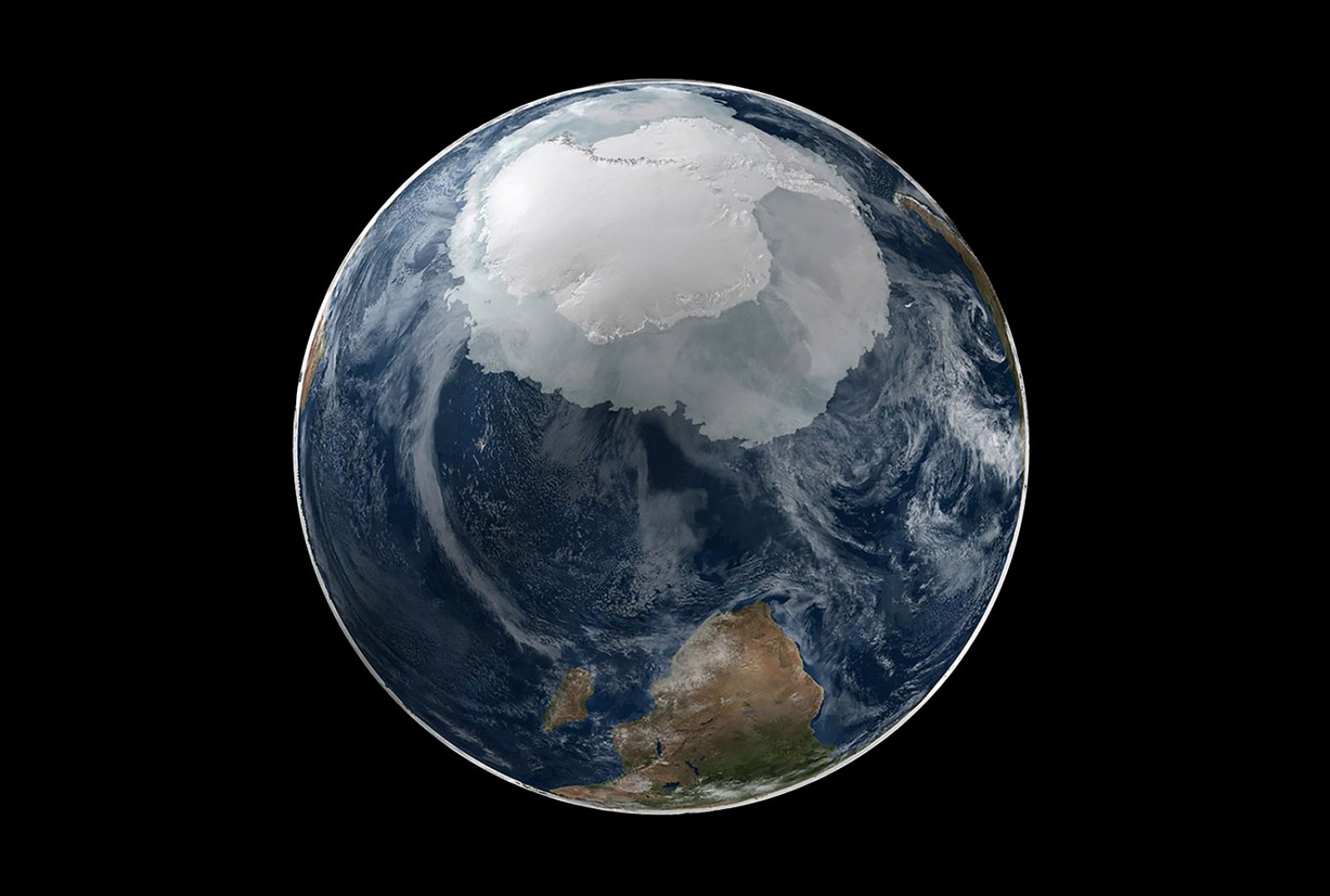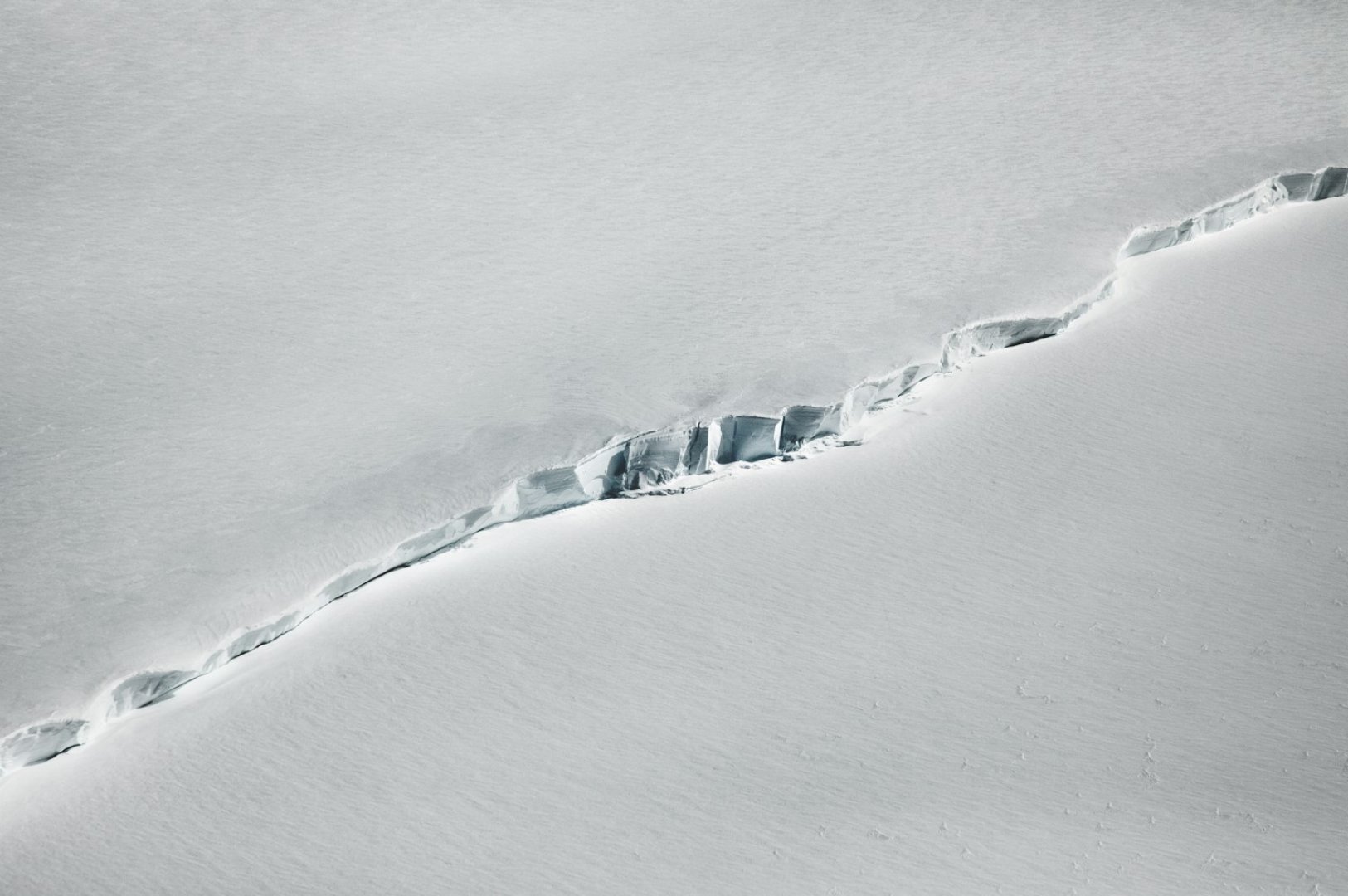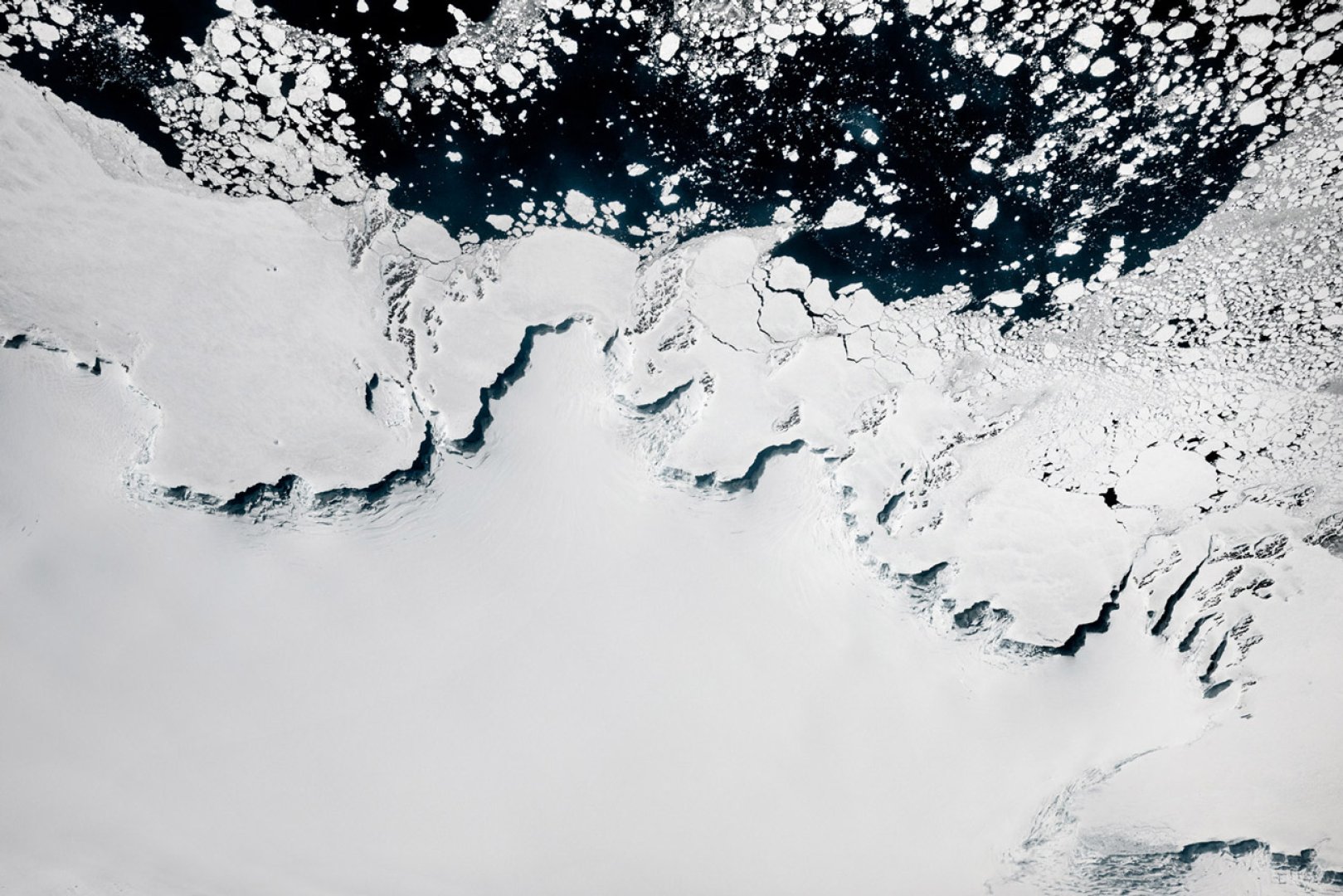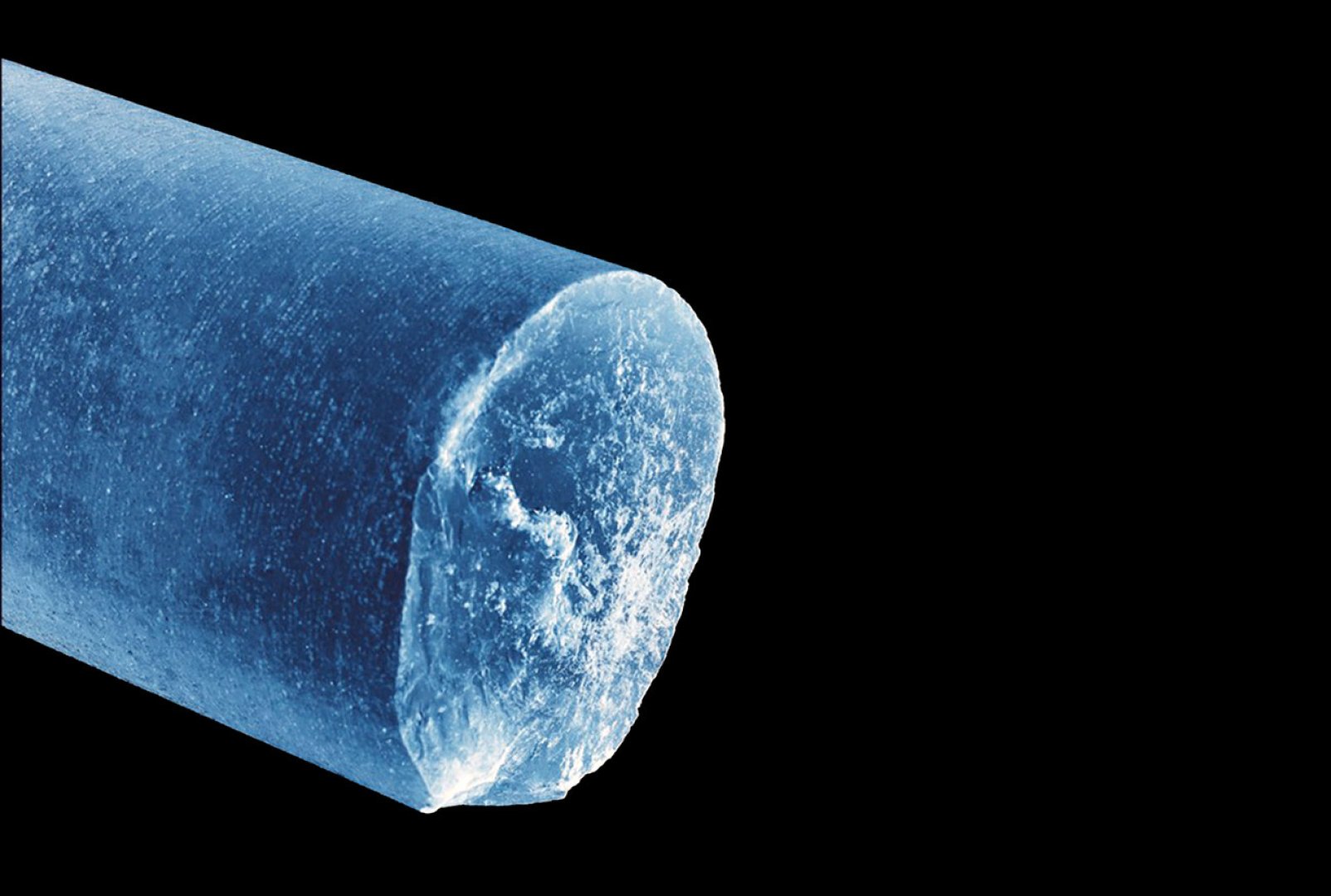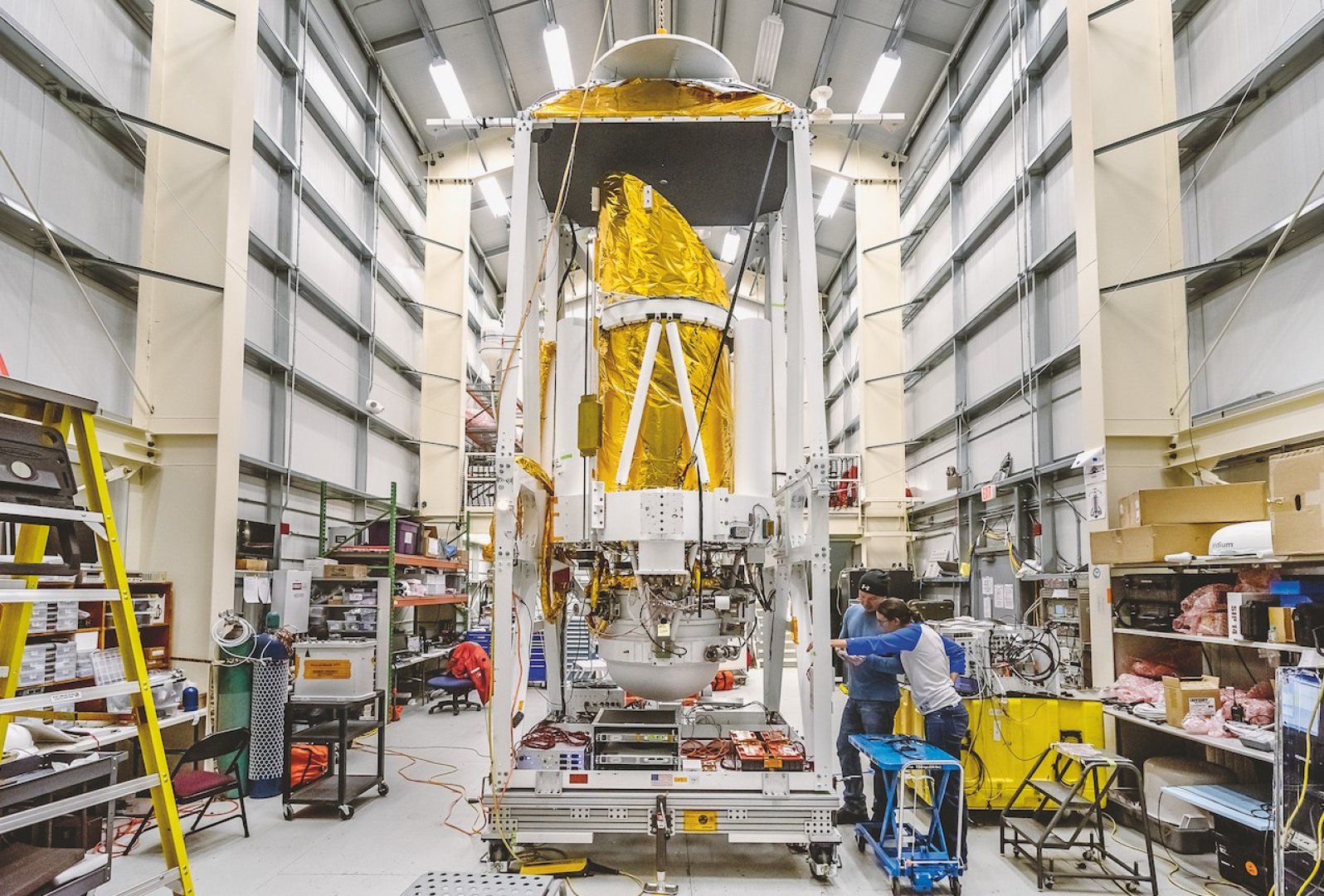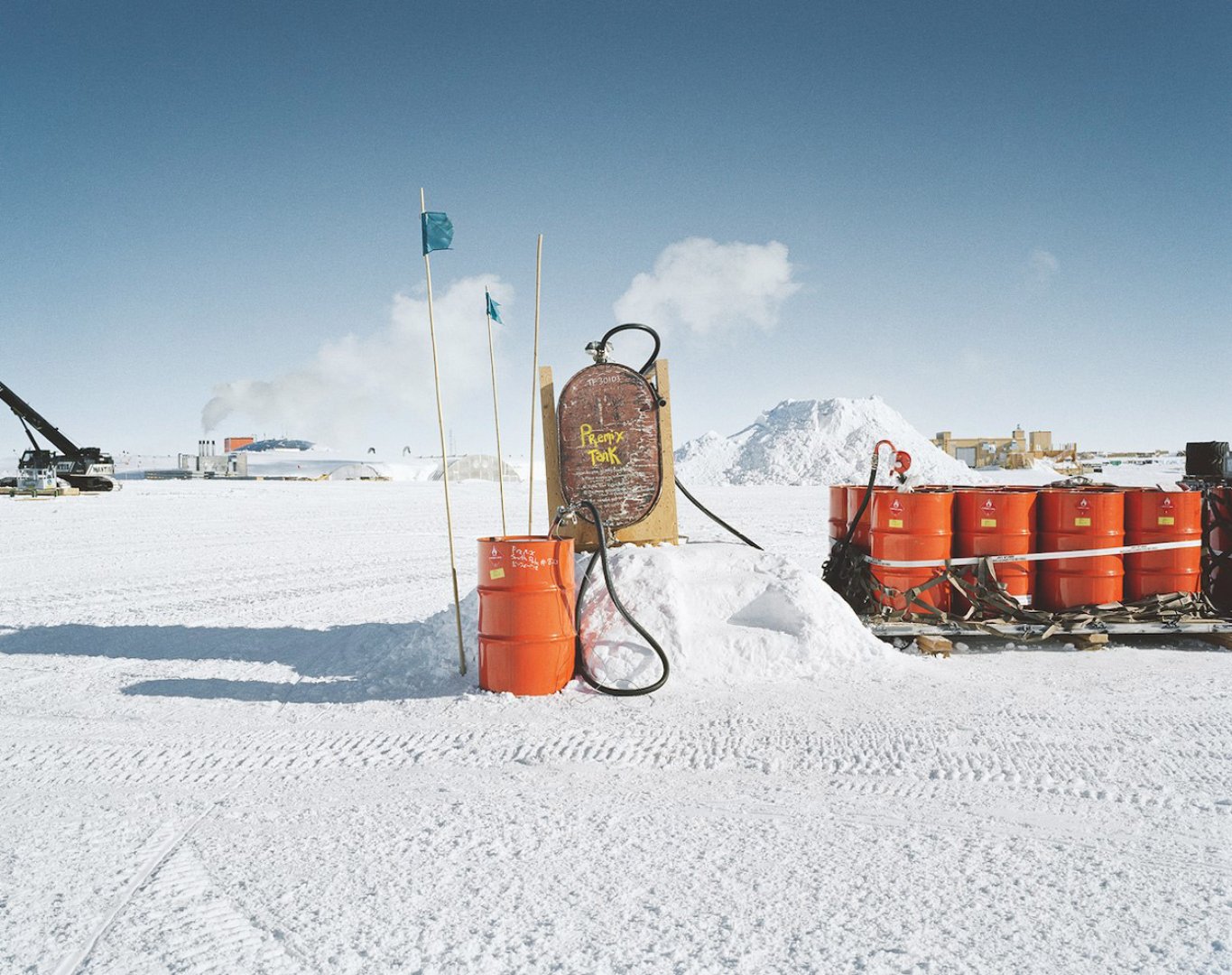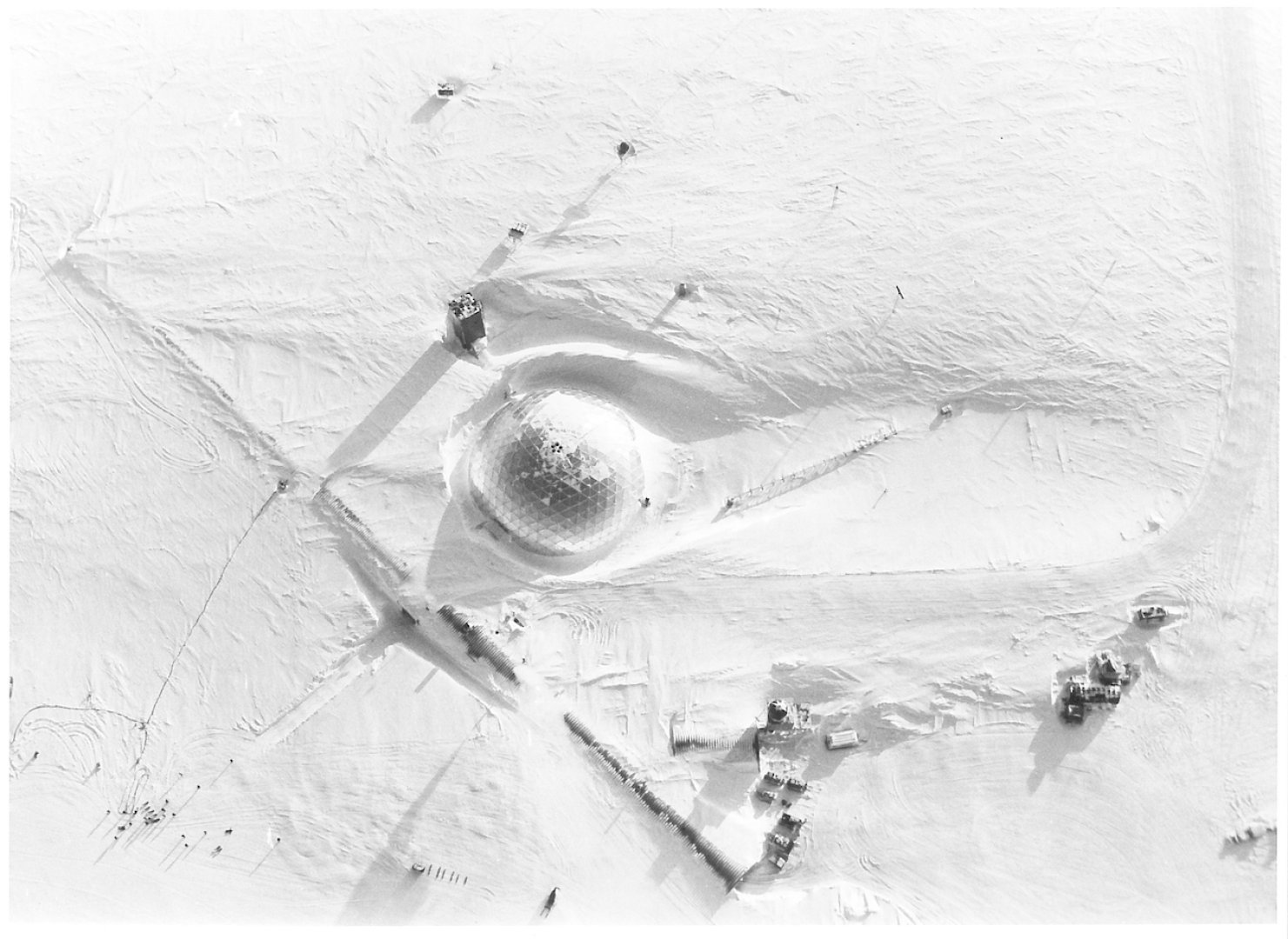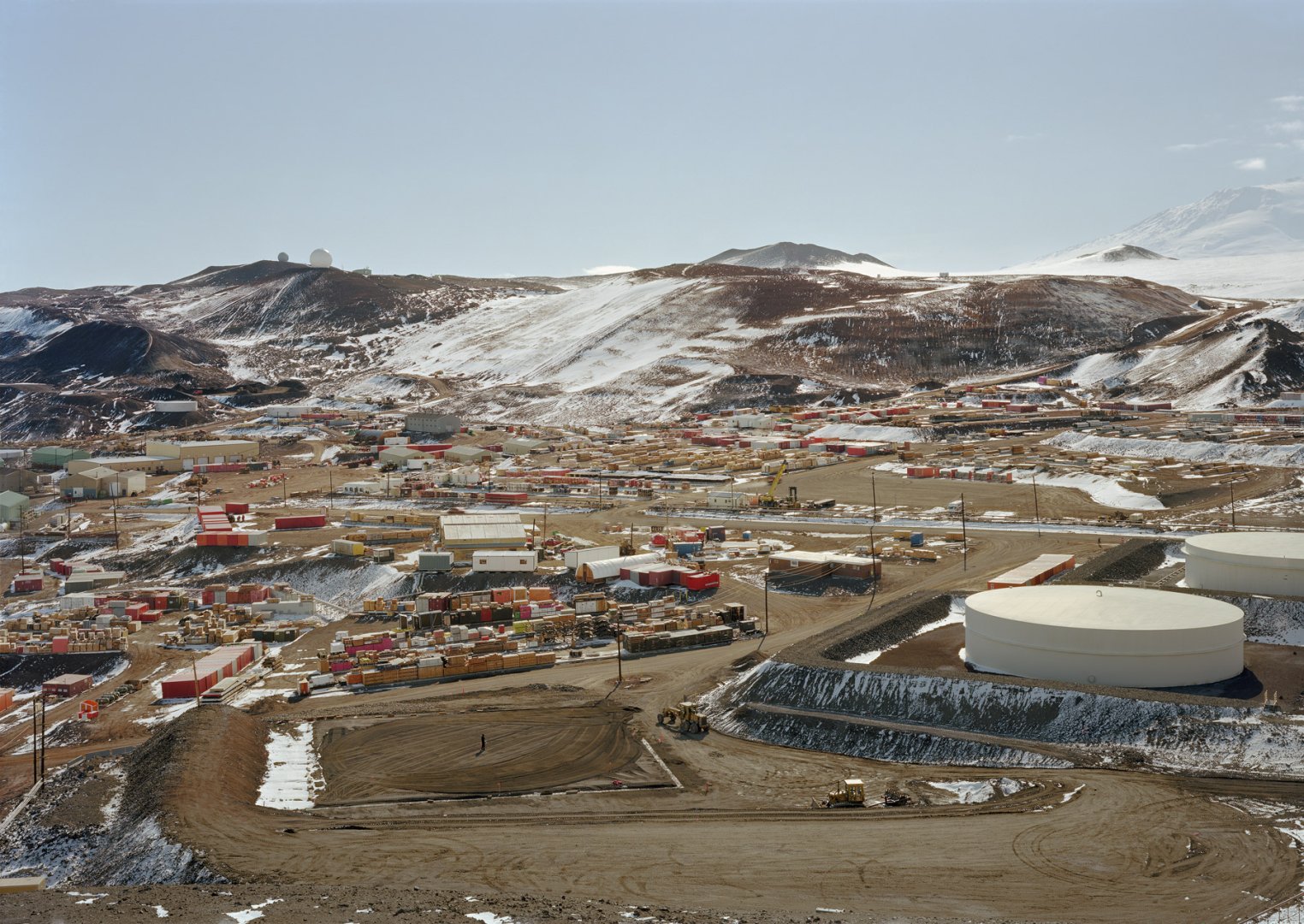ANTARCTIC RESOLUTION
UNLESS is a term that conveys a sense of urgency, that is, it invokes the need to act immediately to avert something serious from happening, and at the same time it is imbued with optimism, of the consciousness that individual and collective action has the potential to solve a given problem, even if that problem were on a planetary scale.
UNLESS is an agency for change. It is an interdisciplinary and transnational non-profit organisation that operates at the intersection between the environment, politics, technology and the arts. Its mission is to catalyse global attention on the importance and fragility of our Global Commons, and to call to action in defence of intergenerational justice.
UNLESS is an agency for change. It is an interdisciplinary and transnational non-profit organisation that operates at the intersection between the environment, politics, technology and the arts. Its mission is to catalyse global attention on the importance and fragility of our Global Commons, and to call to action in defence of intergenerational justice.
UNLESS’ efforts focus mainly on Antarctica and the Cryosphere at large: the single planetary Common that can lead to the oblivion of coastal communities and island-states, while withholding key data on our climate history, necessary to inform undeferrable environmental policies.
With a surface one and a half times that of Europe, Antarctica is facing a great threat caused by humanity itself: the global warming of the atmosphere is inducing a progressive and ever-more accelerated melting of its ice – that is to say of 90% of our planet’s ice and 70% of its freshwater. In order to realise the magnitude of this imminent environmental catastrophe, one should consider that a total melting of the Antarctic ice shelf would increase global sea levels by 60 metres, and that it is currently melting at an accelerated pace equal to the volume of 200 Olympic-size swimming pools per minute.
At this alarming pace, sea levels would slowly but relentlessly rise to submerge the coastal areas on the planet, destroying all the coastal civilisations and species that have flourished over the centuries, launching unheard-of migratory flows that would disrupt the demographic balances and cultural systems that have regulated our existence thus far.
With a surface one and a half times that of Europe, Antarctica is facing a great threat caused by humanity itself: the global warming of the atmosphere is inducing a progressive and ever-more accelerated melting of its ice – that is to say of 90% of our planet’s ice and 70% of its freshwater. In order to realise the magnitude of this imminent environmental catastrophe, one should consider that a total melting of the Antarctic ice shelf would increase global sea levels by 60 metres, and that it is currently melting at an accelerated pace equal to the volume of 200 Olympic-size swimming pools per minute.
At this alarming pace, sea levels would slowly but relentlessly rise to submerge the coastal areas on the planet, destroying all the coastal civilisations and species that have flourished over the centuries, launching unheard-of migratory flows that would disrupt the demographic balances and cultural systems that have regulated our existence thus far.

Yet Antarctica does not only represent a threat. It is the greatest planetary archive of data on the climate history. A repository wherein the very substance of the ice contains the most evanescent elements of life: air and time. The ice cores drilled on the Antarctic Plateau allow paleoclimatologists to extract scientific data on historical temperature fluctuations and to reconstruct trends in atmospheric concentrations of CO2 and greenhouse gases from past glacial and interglacial eras. These time capsules of Planet Earth show how carbon dioxide concentrations as high as the current ones have never been detected in the past 800,000 years, and are of primary importance to shape urgent environmental policies.
The continent’s wealth does not rely purely on the water forming the ice that covers Antarctica and the captive air bubbles imprisoned therein, it also lies deep in the rocks upon which these ice sheets rest and slide towards the sea. The nature of these rocks is rich in precious minerals and hydrocarbons. This wealth, which could prove crucial to the fate of our planet, rouses the interest and lust for possession of the nations who have “set foot” on Antarctic soil. Thus, in addition to the “physical" problem of accelerated ice thinning, the polar region also presents a geopolitical problem that should not be underestimated: the risk that a review of the Antarctic Protocol for Environmental Protection (the so-called Madrid Protocol), allowed as of 2048, might trigger savage, competitive exploitation of its resources. The consequences of a statutory review of the Protocol would be dramatic: it would undermine the concept that this continent should be understood and governed as a «Global Commons».
The continent’s wealth does not rely purely on the water forming the ice that covers Antarctica and the captive air bubbles imprisoned therein, it also lies deep in the rocks upon which these ice sheets rest and slide towards the sea. The nature of these rocks is rich in precious minerals and hydrocarbons. This wealth, which could prove crucial to the fate of our planet, rouses the interest and lust for possession of the nations who have “set foot” on Antarctic soil. Thus, in addition to the “physical" problem of accelerated ice thinning, the polar region also presents a geopolitical problem that should not be underestimated: the risk that a review of the Antarctic Protocol for Environmental Protection (the so-called Madrid Protocol), allowed as of 2048, might trigger savage, competitive exploitation of its resources. The consequences of a statutory review of the Protocol would be dramatic: it would undermine the concept that this continent should be understood and governed as a «Global Commons».

Acutely aware that "what happens in Antarctica does not stay in Antarctica”, but rather it affects our cites as well as all human and non-human species, UNLESS attempts to sensitise and mobilse the widest audience possible on the urgency of protecting the Cryosphere and embracing a process of decarbonisation.
This mission sees UNLESS relentlessly engaged in research-based calls to action on Antarctica that include: the publication of Antarctic Resolution (Lars-Müller-Publishers, 2021) and its subsequent Open Access dissemination; the curation of exhibitions in prestigious international cultural venues; the design of objects that can mobilise the collective consciousness and tools that can enhance scientific research; the promotion of policy resolutions for an equitable governance of the Commons that include a paradigm shift on data sharing policies for Antarctica and the Ocean; a blueprint masterplan for the sharing of scientific infrastructure in the Antarctic and the waters that surround it; and the design and launch of urban campaigns.
The United Nations declared that 2025 will be the "Year of the Cryosphere”. They will find UNLESS at work.
This mission sees UNLESS relentlessly engaged in research-based calls to action on Antarctica that include: the publication of Antarctic Resolution (Lars-Müller-Publishers, 2021) and its subsequent Open Access dissemination; the curation of exhibitions in prestigious international cultural venues; the design of objects that can mobilise the collective consciousness and tools that can enhance scientific research; the promotion of policy resolutions for an equitable governance of the Commons that include a paradigm shift on data sharing policies for Antarctica and the Ocean; a blueprint masterplan for the sharing of scientific infrastructure in the Antarctic and the waters that surround it; and the design and launch of urban campaigns.
The United Nations declared that 2025 will be the "Year of the Cryosphere”. They will find UNLESS at work.
